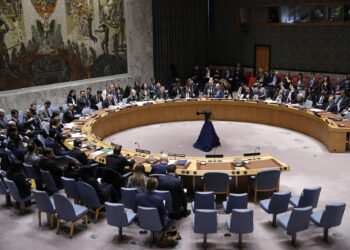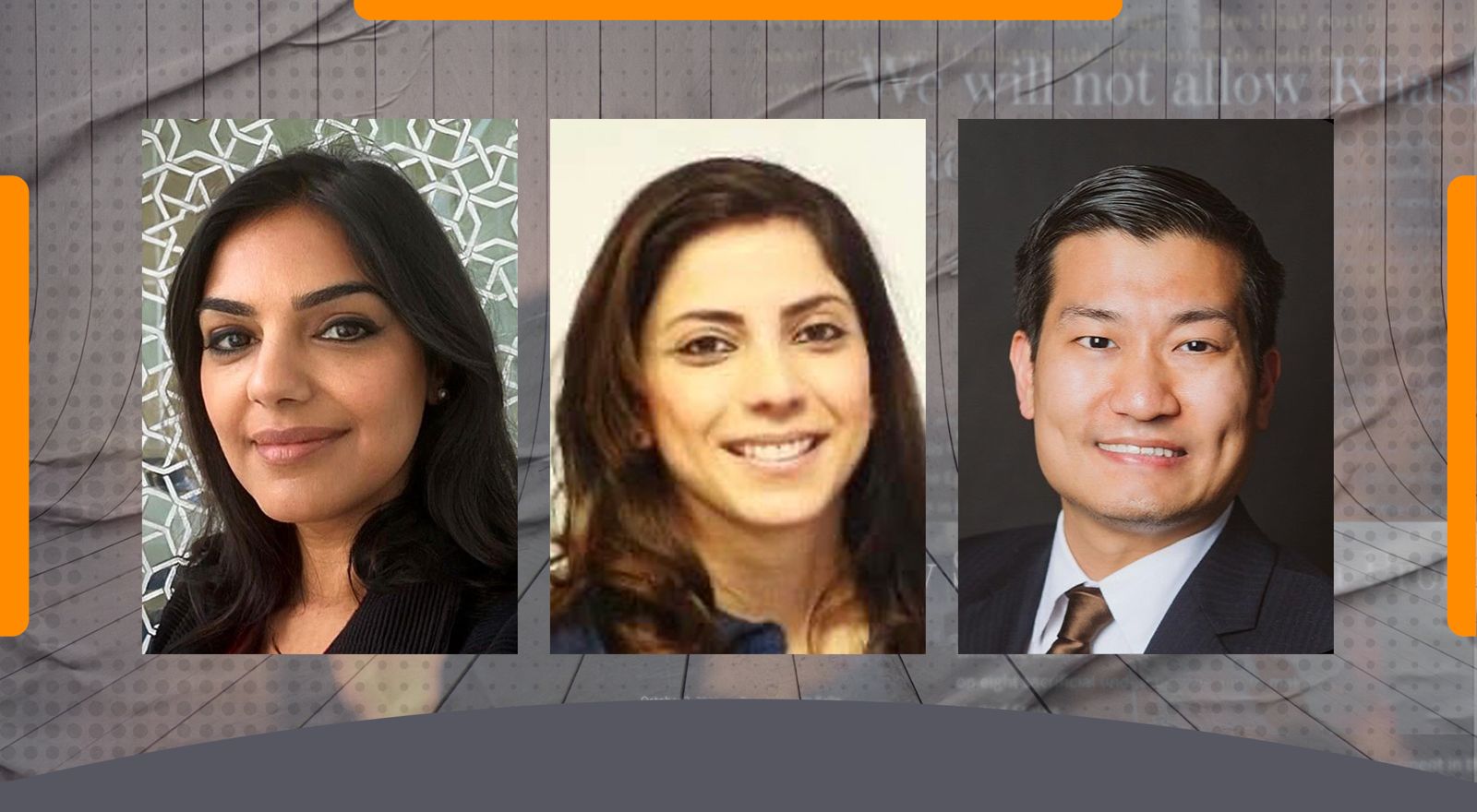Dalia Fahmy is an associate professor of political science at Long Island University and a visiting scholar at the Center for the Study of Genocide and Human Rights at Rutgers University. She is also a non-resident fellow at DAWN.
Associate Professor of Political Science at Long Island University, and a DAWN non-resident fellow
The dismal human rights record of the military government of President Abdel Fattah al-Sisi has been well-documented. It includes widespread use of torture, enforced disappearances, mass trials and executions of peaceful activists.
One of the increasingly powerful tools of oppression deployed by the military-led government involves prolonged pre-trial detention. The Sisi government has used it as a weapon not just to silence voices of opposition and dissent, but also to provide legal cover for the regime to indefinitely and arbitrarily detain thousands of peaceful political activists and perceived opponents of the regime. Most recently, judicial authorities have used the Covid-19 pandemic as an excuse to eliminate detention hearings altogether, renewing pre-trial detentions more or less automatically since March. As a result, detainees have been left in a state of suspended animation where they cannot defend themselves against yet to be determined charges and without trial.
Egyptian law allows Supreme State Security prosecutors, the body assigned to handle most political offenses, to hold detainees for 15 days, renewable for up to 5 months without judicial review, after which judges can order them held for 45 days, renewable for up to 2 years without trial. After the two-year pre-trial period, detainees are supposed to be freed. However, prosecutors have recharged detainees, "recycling" their cases in order to reset the 2-year cycle of detention.
The Covid-19 pandemic has quickly become a pretense for prosecutors and courts to institutionalize a system of automatic detention renewals and "recycling." In May, judges at the Cairo Criminal Court 'terrorism unit' extended the pre-trial detention of over 1,600 detainees without conducting renewal hearings and in the absence of the detainees, many of whom are prisoners of conscience. Moreover, the defendants' lawyers were prevented from presenting a defense. Some of these detainees had already been held in pre-trial detention for over two years and denied even the most basic due process rights.
Prominent political activists have been ensnared in this legal limbo. Mohamed Al-Baqer, lawyer and founder of the Adalah Centre for Rights and Freedoms, was arrested on September 29, 2019 after attending an investigation into his client Alaa Abdul Fattah, the prominent Egyptian blogger and critical symbol of the 2011 revolution. Both Abdul Fattah and Al-Baqer were accused of belonging to and financing a terror group, which are common allegations made against activists, human rights defenders and attorneys. As the attorney of an internationally recognized blogger, Al-Baqer's detention has been renewed countless times, as a punitive and retaliatory measure for his continued activism and outspokenness on behalf of his clients.
Ibrahim Metwally Hegazy, lawyer and prominent human rights defender and father of Amr Ibrahim Metwally, who disappeared on 8 July 2013 during the military coup, was arrested on 10 September of 2017 in Cairo airport while he was on his way to attend the 113th session of the United Nations Working Groups on Enforced Disappearances in Geneva. The prosecutor charged Hegazy with 'establishing and assuming leadership of an illegal organization,' 'publishing and disseminating false news,' 'and communicating with foreign entities to harm state security.' Hegazy's pre-trial detentions were renewed for 15 days, then 45 days, until he reached his two-year limit, after which he was ordered released, only to be immediately charged with the same charges once again, renewing his two-year pre-trial detention cycle. Furthermore, according to a UN report, Hegazy has been repeatedly tortured since his arrest in 2017.
Hoda Abdel Moneim, a 63-year old human rights lawyer, former member of the Egyptian parliament and former member of Egypt's National Council for Human Rights, was arrested on November 1, 2018 accused of 'funding and membership in a terrorist organization,' as well as 'incitement to harm the national economy.' As her health has deteriorated in prison, Abdel Moneim's pre-trial detention has been renewed repeatedly, the last renewal taking place on 19 July of this year in her absence.
Prominent human rights lawyer, activist, and champion of women's rights, Mahienour el-Masry was arrested on 22 September 2019. She was later questioned, detained and charged with 'aiding a terrorist group in achieving its goals' and 'spreading false news' in a case stemming from her peaceful participation in the March 2019 anti-government protests. El-Masry's detention has also been repeatedly renewed, and she remains in pre-trial detention.
The Sisi regime government has also suppressed information about the automatic renewal of detentions by detaining dozens of journalists reporting on the practice and regularly blocking news and information websites. The government has also closed down non-governmental organizations and civil society organizations that have protested against the automatic renewals, as well as other rampant human rights abuses.
Under international law, pre-trial detention is meant to be a preventive measure designed to protect the population against imminent violent attacks, not as a punishment for peaceful activists and perceived political opponents.
By institutionalizing a system of prolonged detention of activists, human rights workers, journalists, and ordinary citizens, Egypt has denied its citizens due process of law and put prisoners of conscience in a state of suspended animation, detained indefinitely and at the mercy of prosecutors and prison authorities.






































